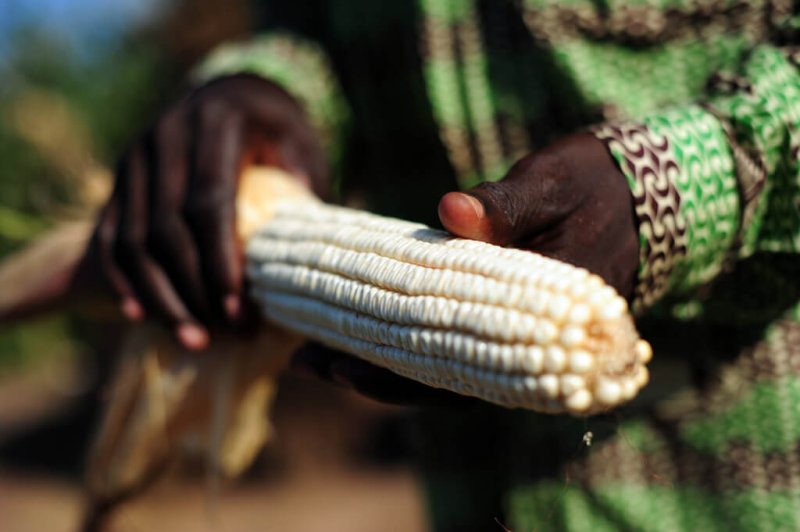Mr Eric Amaning Okoree, Chief Executive Officer, National Biosafety Authority (NBA) says genetically modified (GM) crops have a high potential of controlling the fall armyworm.
He noted that the fall armyworms could not attack all plants, which indicates that some plants had natural resistance and therefore, maize and other crops that could not withstand the army worm needed to be genetically modified.
…
Mr Okoree said the modern biotechnology system allows scientists and researchers to transfer genes from plants that have natural resistance through genetic engineering and then insert it to maize which implies the maize will be genetically modified.
He further explained that the maize would then have natural resistance inbuilt; to resist the fall army worm.
He said the biotechnology system was possible; however, the technology was not available in Ghana.
Mr Okoree noted that it was about time Ghana adopted it; and it should be backed by enough funding, as scientists and researchers would need lots of funds trying to transfer genes from the natural source.
Read full, original post: NBA Says GM Crops Can Address Ghana’s Fall Armyworms Situation































